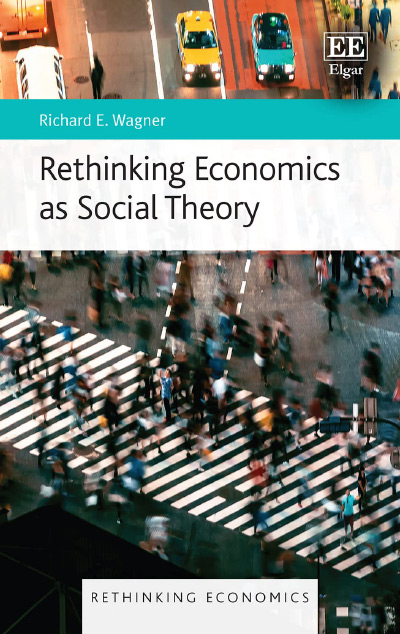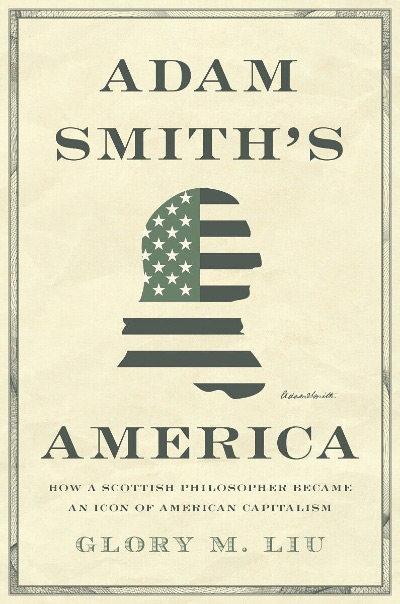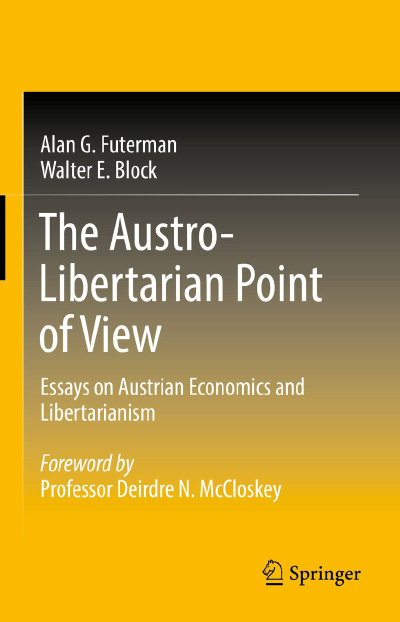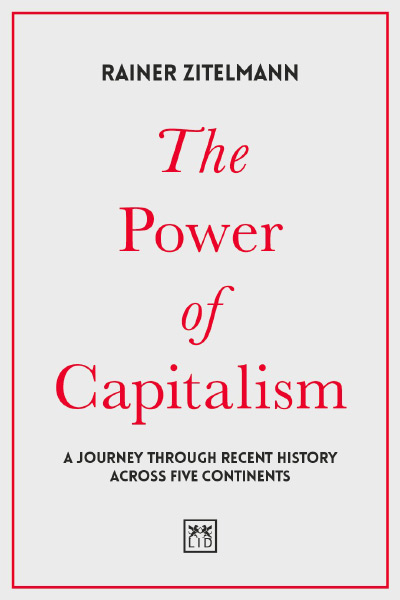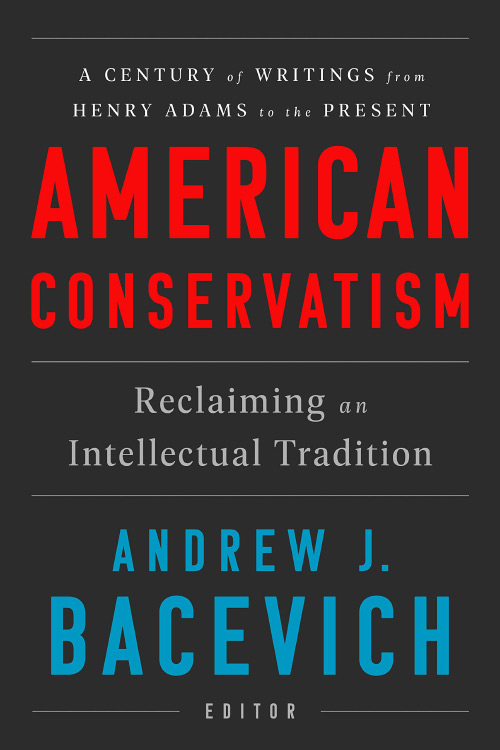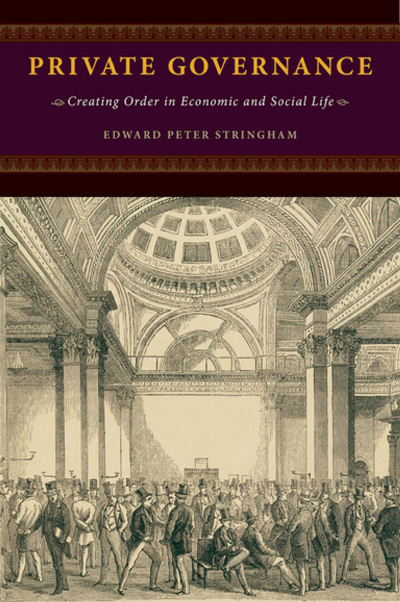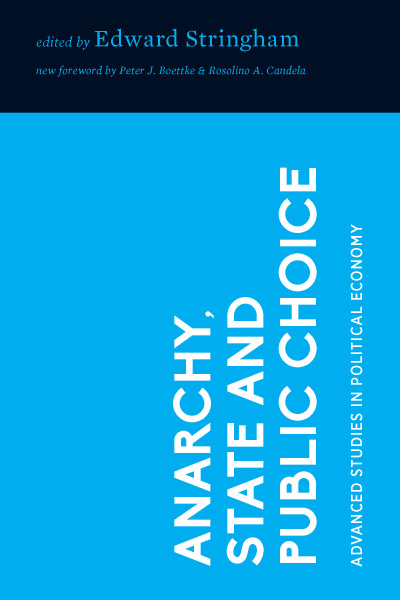Richard Wagner presents readers with “a vison of economics as offering a point of entry into the study of society as an analytical object whose field of study includes the emergence and operation of the social processes, institutions, and practices inside of which we all live and experience” (p. 4). He says that “the classical economists, starting with Smith, were interested in how human action contributed to or detracted from the good order of society” (p. 5). He contrasts this with neoclassical economics, saying “[t]he neoclassical theory of value clearly improved upon the classical theory. But the neoclassical theory did more than just improve the local coherence of the theory of value. It also, without intention, converted the prime interest of economists from society as the prime object of analytical interest to problems of individual optimization” (p. 6). He continues, “economics leads theorists astray by focusing on problems of maxima and minima because social problems are mostly problems of achieving coordination and resolving conflict, which most certainly are not problems of maxima and minima” (p. 7).
Wagner notes that social interaction consists of both cooperation and conflict. Economic activity, as depicted by mainstream economics, is cooperative activity. Suppliers and demanders voluntarily agree to trade with each other for their mutual benefit. But they do so within an institutional framework imposed on them through the political process. Sometimes, political action is undertaken to enable people to accomplish collectively things that would be difficult for them to accomplish alone, or through market exchange. But the force of government can also be used by some for their advantage, and to the detriment of others. Thus, Wagner notes, “[p]olitical activity is of two types: social cooperation and coalitional conflict” (p. 41). One cannot understand economic activity without understanding the social structure within which that activity takes place.
Wagner takes an individualistic approach to analyzing human behavior, noting that individuals act, not groups or organizations. He is critical of theories that are based on the behavior of aggregates, as many macroeconomic theories are. Depicting the heterogeneous individuals within societies as representative agents is a misleading simplification. The actions of individuals in a social setting depend upon the institutional structure of the societies within which they reside, and social problems, including macroeconomic problems, arise when people are unable to coordinate incompatible plans. Social theories must be based primarily on an analysis of society rather than on an analysis of isolated individuals within the society.
Wagner is critical of the way that economics has depicted rationality because it sets aside sentiment and reason in human decision-making. All human action must be understood as “anchored in recognition that people invariably seek to do the best they can for themselves as they understand their situations” (p. 61) Wagner rejects the neoclassical utility maximization framework in which people are assumed to make choices by referencing “utility functions that are invariant across time and space” (p. 69), instead noting that differences in particular details of situations and individuals can lead individuals to reasonably choose alternatives that outside observers might view as irrational. He notes that when collective action may be desirable, conflicts inevitably arise because people have different ends in mind. The challenge is not to understand how individuals decide what ends they seek and what means they desire, but how a society can be ordered in light of the inevitable conflicts.
Wagner says “[t]his book examines social reality through an analytical window where all individuals form and pursue plans. This means that our objects of interest are the products of human intention” (p. 75). He continues to say there is no “congruity among the diverse intentions at work within a large society, for such societies are also rife with conflicts, hostilities, and jealousies.... It is in the nature of political action to create divides between those who govern and those who are governed” (p. 77). While such a divide might simply be the result of a division of labor, Wagner notes the rents that accumulate to those who have the power to govern as evidence of an inequality in power.
Society, Wagner says, is “comprised of three distinct orders of activity, economic, political, and moral” (p. 80) but these three orders are populated by the same people and are closely integrated. Social institutions reflect people’s views on right and wrong—moral values—but they are designed by those with political power who have their own interests in mind. Few people will push for public policies on the ground that those policies benefit themselves at the expense of others, but various public interest rationales can always be imagined so that “the imperative of rent-seeking in political action will have been pursued in an indirect way” (p. 81). Thus “the making of public policy is a form of shell game in that the rhetoric surrounding the making of public policy uses deceptive and not informative language” (p. 83).
Wagner notes that societies are not homogeneous entities, but are “distributed and fissured entities ... often entailing points of antagonism” (p. 90). He discusses the entanglements among Main Street, Wall Street, and City Hall, noting that they work together to enable social and economic cooperation, but that they sometimes have interests at odds with each other. Within economics, capital theory is a theory of Main Street—businesses that produce output—but finance plays an increasingly large role as business enterprises get larger. Mainstream economics depicts City Hall—government—as a structure imposed from above, but Wagner observes that “entrepreneurial activity could generate institutional patterns and relationships that would enable the supply of public goods” (p. 97). Understanding that government institutions are a product of social interaction is an advantage of viewing economics as social theory.
Customs, manners, and institutions do not evolve exogenously in societies but from “internal changes in moral suppositions that emerge from inside society” (p. 108). The civilizing process, Wagner says, has partly been driven by the desire to earn income, but more so by moral imagination, with “those moral imaginations in turn guiding the formation of human capital aimed at earning income through market transactions” (p. 108). Wagner discusses concepts of equality, immigration, and economic organizations of markets versus central planning in this context, illustrating the benefit of understanding economics as social theory as opposed to utility maximization.
He emphasizes the relationship between the plans individuals make and the aggregate outcomes that determine the success of those plans, noting that “uncertainty is an inescapable feature of life with which acting subjects must deal” (p. 143). People make plans which may or may not be realized. People can think probabilistically about what outcomes might happen as a result of their plans, but ultimately, only one outcome actually does happen, and that outcome is dependent on not only the plans of an individual, but on the plans of other individuals as well. “One cannot truly theorize in terms of plans without allowing time to elapse. The passing of time is implied in the very concept of a plan” (p. 144).
Much knowledge is tacit, in the sense that it is known by and can only be used by the person who has the knowledge. When people make their economic plans, they are anticipating the economic behavior of others in the economy, but some of what they must anticipate cannot be known to them. An economy evolves as people make and try to execute plans, and their successes depend on how closely everyone’s plans are coordinated with everyone else’s. This implies a framework with many heterogeneous individuals, true uncertainty about many aspects of the economy, and a framework that recognizes that the economy evolves over time. The macroeconomic issue is how the individual actions of those in the economy can be coordinated with each other, which cannot be understood in representative agent models. Economic theory is social theory.
The final chapter of Rethinking Economics as Social Theory discusses “themes that . . . are relevant to this books’ effort to relocate economics from a general theory of rational action” (p. 157) but that were not discussed in earlier chapters. These are interesting ideas, but the book might have been better served by saving those ideas for his next book and instead finishing up with a chapter that offered clear conclusions on the benefits of rethinking economics as social theory.
Wagner depicts society as composed of individuals with moral values and political preferences that often put some individuals at odds with others. The way they resolve their conflicts and coordinate their actions can be better understood by recognizing that individuals are heterogeneous members of society rather than autonomic utility-maximizers. Wagner’s book provides a deeper understanding of both the economy and the larger society and highlights some shortcomings of contemporary mainstream economics.
Every page has thought-provoking ideas that will reward the book’s readers.
| Other Independent Review articles by Randall G. Holcombe | ||
| Spring 2024 | Privatize the Public Sector: Murray Rothbard’s Stateless Libertarian Society | |
| Spring 2023 | Generation Gap: Why Baby Boomers Still Dominate American Politics and Culture | |
| Winter 2022/23 | Handbook of Alternative Theories of Political Economy | |
| [View All (24)] | ||



